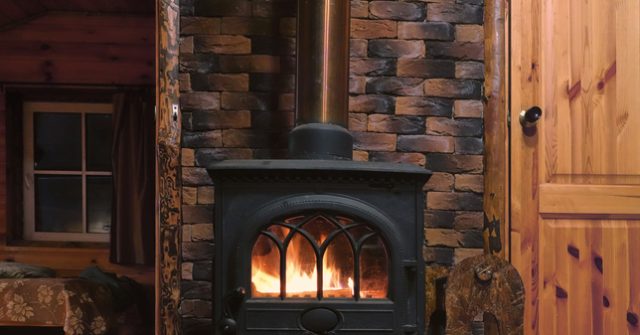Poles may forage for wood to heat homes – Minister
Authorities in Warsaw have allowed citizens to forage for firewood in forests to keep their homes heated amid spiralling energy costs. Poland is in the midst of a coal shortage after banning Russian imports.
Those wishing to gather wood must first undergo training and obtain permission from the local forestry unit. The report went on to clarify that people can only take branches already lying on the ground, and cannot cut down trees.
“Only branches can be gathered. At the same time, the collected branches cannot be thicker than seven centimeters,” said Katowice Directorate of State Forestry official Marek Mroz.
He explained that branches should be taken to the local forester, who will issue an invoice. Collectors will have to pay between seven and 30 zlotys ($7.02) for approximately 0.25 cubic meters of firewood.

 www.rt.com
www.rt.com
Authorities in Warsaw have allowed citizens to forage for firewood in forests to keep their homes heated amid spiralling energy costs. Poland is in the midst of a coal shortage after banning Russian imports.
Those wishing to gather wood must first undergo training and obtain permission from the local forestry unit. The report went on to clarify that people can only take branches already lying on the ground, and cannot cut down trees.
“Only branches can be gathered. At the same time, the collected branches cannot be thicker than seven centimeters,” said Katowice Directorate of State Forestry official Marek Mroz.
He explained that branches should be taken to the local forester, who will issue an invoice. Collectors will have to pay between seven and 30 zlotys ($7.02) for approximately 0.25 cubic meters of firewood.

Poles may forage for wood to heat homes – Minister
Polish authorities have approved brushwood collection from forests so citizens can heat their homes



